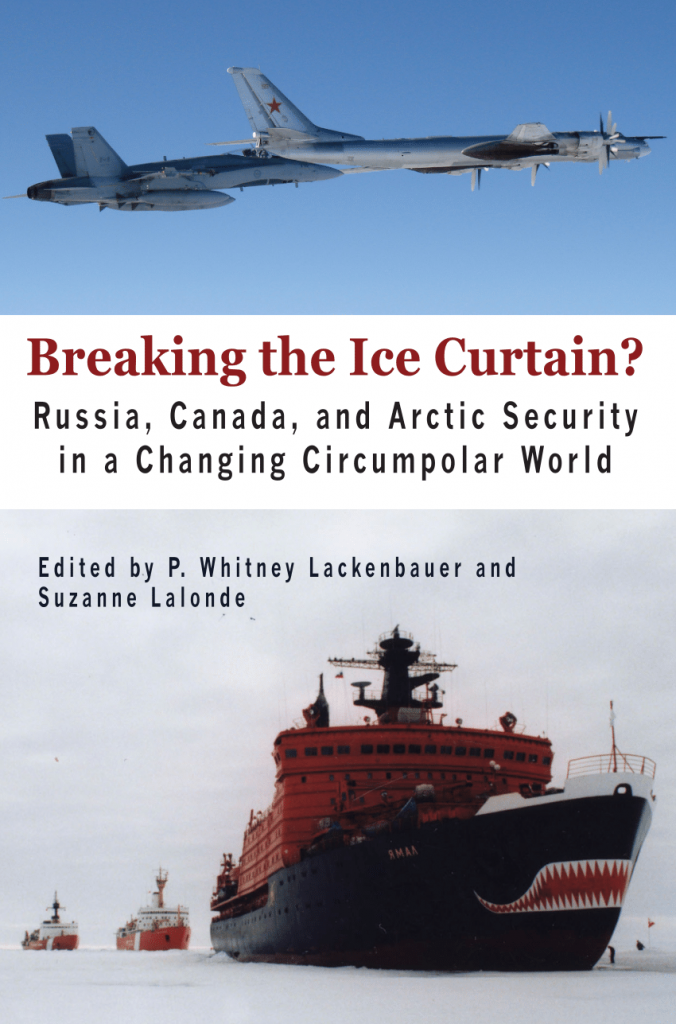Canada and Russia are the geographical giants, spanning most of the circumpolar world. Accordingly, the Arctic is a natural area of focus for the two countries. Although the end of the Cold War seemed to portend a new era of deep cooperation between these two Arctic countries, lingering wariness about geopolitical motives and a mutual lack of knowledge about the other’s slice of the circumpolar world are conspiring to pit Canada and the Russian Federation as Arctic adversaries. Are Russian and Canadian Arctic policies moving in confrontational direction? Can efforts at circumpolar cooperation survive the current crisis in Russian-Western relations, or does an era of growing global competition point inherently to heightened conflict in the Arctic?
Also available in Russian.


